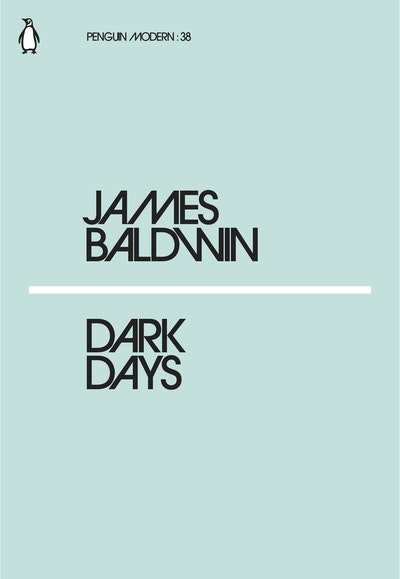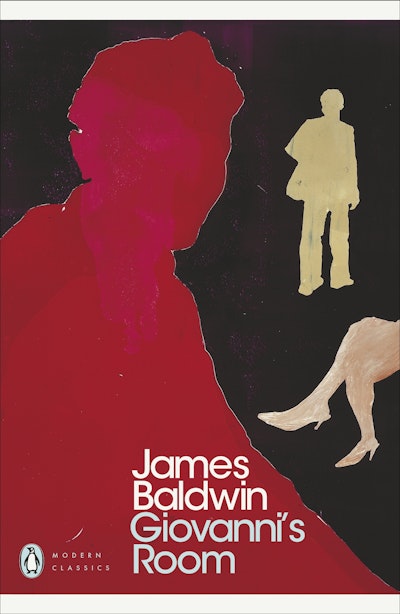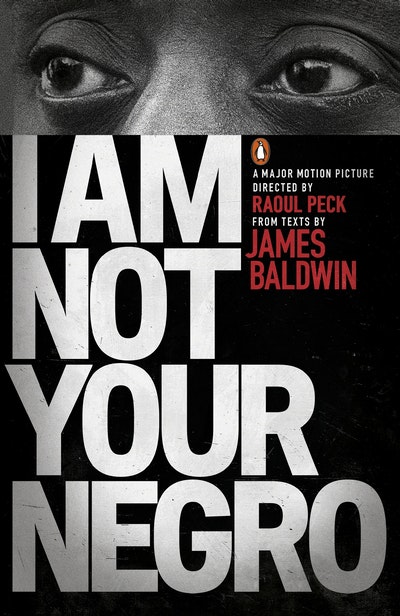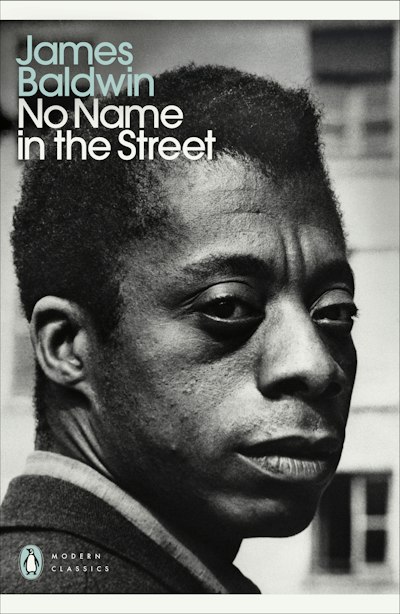- Published: 9 November 2022
- ISBN: 9781841593715
- Imprint: Everyman
- Format: Hardback
- Pages: 280
- RRP: $50.00
Go Tell it on the Mountain
- Published: 9 November 2022
- ISBN: 9781841593715
- Imprint: Everyman
- Format: Hardback
- Pages: 280
- RRP: $50.00
Something in his prose hit me, almost winding me with its intensity. I'd never read a novel that described loneliness and desire with such burning eloquence.
Douglas Field, Guardian
It broke my heart and made me want to jump up and down, unable to fully articulate my own response towards it ... [A] notion of a shared humanity consumed Baldwin, and infused everything he did and wrote. Deprived of heritage and history, he borrowed freely and created his own unique language, with the cadences of the Bible and of jazz and Negro spirituals, and inflections of James, Dickens and Shakespeare ... This should, like J.D. Salinger's The Catcher in the Rye, have been crowned as the Great American Novel.
Azar Nafisi, Independent
A distinctive book, both realistic and brutal ... A novel of extraordinary poetry.
Chicago Tribune












